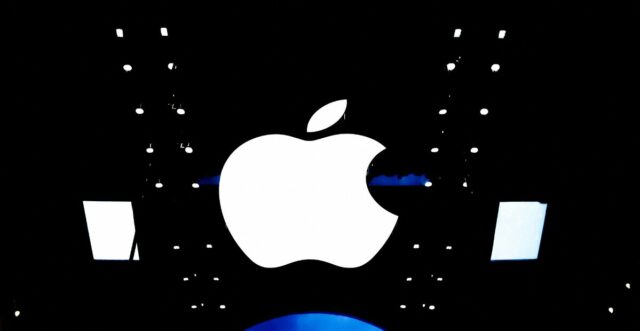Apple has lost its fight against an order by EU competition regulators to pay 13 billion euros ($14.4 billion) in back taxes to Ireland.
EU Crackdown
This is part of an EU crackdown against sweetheart deals between EU countries and multinationals.
The European Commission issued the order in 2016, saying that the iPhone maker benefited from two Irish tax rulings for over two decades.
The rulings artificially reduced its tax burden to as low as 0.005% in 2014.
Commission’s Order In 2016
In 2016, the Commission ordered Dublin to recover to recover up to 13 billion euro (14.4 billion USD) in back taxes from Apple at the time.
It said that the tech company had received “illegal tax benefits’’ from Ireland over the course of two decades.
Appeal
Apple and Ireland appealed the Commission’s decision in 2019.
The following year, the EU General Court sides with the U.S. tech giant.
EU’s Second Highest Court Annulled 2016 Decision
The EU’s second highest court annulled the Commission’s 2016 decision.
It said that the executive arm did not prove that the Irish government had given Apple a tax advantage.
What did Apple Say?
Apple had said the record EU tax order defied reality and common sense.
Ireland, whose low tax rates helped it to attract Big Tech to set up their European headquarters, had also challenged the EU ruling.
The Luxembourg-based Court of Justice of the European Union sided with EU antitrust chief Margrethe Vestager.
The Court of Justice of the European Union interprets EU law.
The Court makes sure it is applied in the same way in all EU countries.
It also settles legal disputes between national governments and EU institutions.
“The Court of Justice gives final judgment in the matter and confirms the European Commission’s 2016 decision: Ireland granted Apple unlawful aid which Ireland is required to recover,” judges said.
Apple Expresses Disappointment
Apple expressed disappointment with the ruling.
“The European Commission is trying to retroactively change the rules and ignore that, as required by international tax law, our income was already subject to taxes in the U.S.,” the company said.
The ruling is final.
No appeal is possible.
(With Inputs From Reuters)
Delhi based journalist pickled in journalism. Have reported from nine world capitals and almost all parts of India. Over the last three decades, I have worked for India’s mainstream English dailies and contributed to All India Radio, Doordarshan and Women’s Feature Service. Also worked for international media including Japan’s leading newspaper, The Asahi Shimbun and done assignments for The Sunday Times, London, The Telegraph, The Guardian and the Canadian Broadcasting Corporation. Worked in the Embassy of France in New Delhi and can speak French to save my life. Write on Diplomacy, Politics and the social sector. Love Nature, heritage, Nature, animals and vintage cars. Enjoy cycling and playing badminton.





